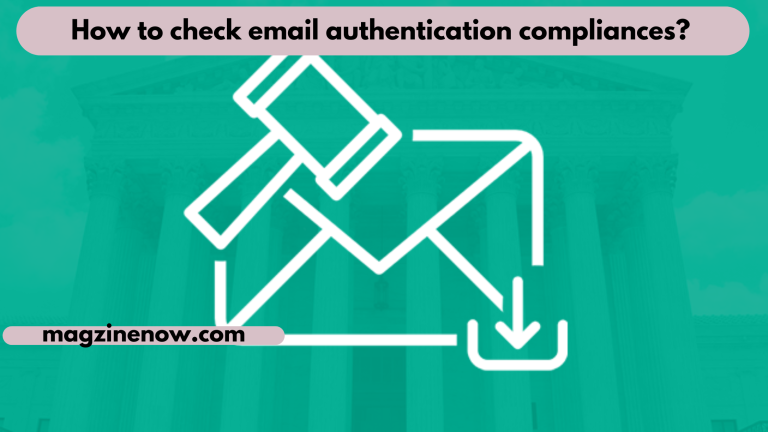Email authentication is a crucial aspect of maintaining the security and integrity of your email communications. It is important to check that your email authentication is compliant with industry standards in order to ensure that your emails are being delivered to the intended recipients and to prevent phishing attempts and other malicious activities.
Checking your Sender Policy Records
One of the first steps in checking email authentication compliance is to check your SPF (Sender Policy Framework) record. The SPF record is a DNS record that specifies which mail servers are authorized to send emails on behalf of your domain. This helps prevent spoofing, where an attacker sends an email from a domain that they do not own, pretending to be someone else.
To check your SPF record, you can use an online tool such as the SPF record check from PowerDMARC. Simply enter your domain name, and the tool will show you the current SPF record for your domain, as well as any errors or issues with the record. If the tool reports any errors, you may need to update your SPF record in order to fix them.
Checking your DKIM records
Another important aspect of email authentication is DKIM (DomainKeys Identified Mail). This is a digital signature that is added to the headers of an email, which verifies that the email was sent from an authorized mail server and that the content of the email has not been tampered with in transit. A DKIM checker can help you verify that your DKIM implementation is working properly.
DMARC Record Check
The DMARC (Domain-based Message Authentication, Reporting & Conformance) is another important tool for email authentication. DMARC allows domain owners to publish policies that describe how email receivers should treat unauthenticated messages, and it also provides a mechanism for email receivers to report back to domain owners about messages that pass or fail DMARC evaluation. A DMARC checker can help you verify that your DMARC implementation is working properly.
Other compliances to take into account
Another important aspect of email security is BIMI (Brand Indicators for Message Identification). BIMI allows companies to display their logos in email clients that support BIMI, which can help to increase brand recognition and prevent phishing attempts. A BIMI checker can help you verify that your BIMI implementation is working properly.
Finally, MTA-STS (Mail Transfer Agent Strict Transport Security) is an emerging standard for email security. MTA-STS allows a domain to specify that mail servers should only deliver email over secure connections (e.g. TLS-encrypted SMTP connection). This helps to prevent man-in-the-middle attacks, where an attacker intercepts an email in transit and tampers with it.
Conclusion
In conclusion, it is important to check your email authentication compliance regularly in order to ensure that your emails are being delivered to the intended recipients and to prevent phishing attempts and other malicious activities. By using the tools mentioned above, such as SPF record checker, DKIM checker, DMARC checker, BIMI checker, and MTA-STS, you can ensure that your email authentication is up to industry standards and your email communication is secure.



















